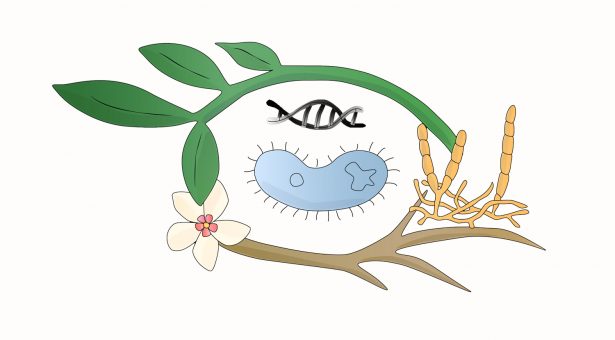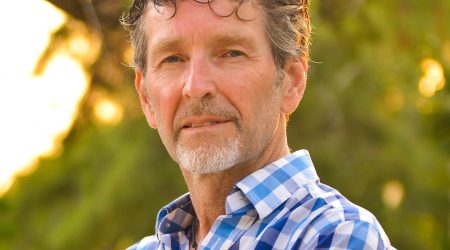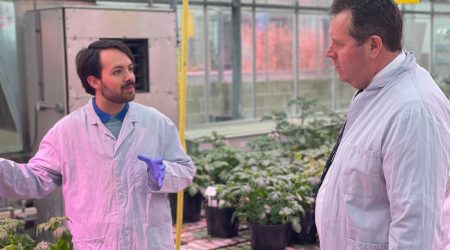Taking the Conference experience online and resurrecting the Norwich – Cambridge Student Symposium

Organised for students, by students, the ‘Norwich-Cambridge Student Symposium (NoCaSS)’ brings together plant and microbial students from the Norwich Research Park and Cambridge.
We spoke to Jiawen Chen about what the Conference is and how the 2021 edition had to be a little different to normal.
“NoCaSS was set up in 2013 by then-PhD students Annis Richardson and Jo Harrison, who were familiar with the research community in both cities and saw a great opportunity to strengthen links.
We have many common research interests and are geographically close by, so NoCaSS is a fantastic opportunity to learn about exciting new research and practice our networking and communication skills in a relaxed environment.
The idea is to have Norwich and Cambridge take turns each year to organise the conference. After a Norwich edition in 2017, NoCaSS had been on a bit of a break until PhD student Basti Samwald decided to get the ball rolling again for grand new 2020 edition.
Basti gathered a group of enthusiastic students and together we started to plan for a grand return in Norwich; then the pandemic hit.
Fortunately, after postponing for a year, we were able to make it work as a virtual event, and it turned out to be a lovely afternoon as a bunch of PhD students gathered behind their computers with a goody bag full of snacks.
Normally, the in-person event would be a full day, with a variety of 20-minute student talks. However, we were all getting a little bit of video call fatigue, so decided to scale 2021’s version down a little to quick 5-minute talks instead and run it through a single afternoon.
This worked really well, and I was impressed by how everyone managed to fit a whole story into such a short amount of time.
As Basti explained to me ‘We decided early on that for this online round of NoCaSS we wanted a different format for the oral presentations. We devised a more novel approach which ended up being a comfortable mix in between flash talks and long research talks. We gave every speaker five minutes to only talk about something specific…
We explicitly said that the speakers should only talk about a singular issue, question, experiment, aspect or facet of their research. That way they could really focus on explaining one thing in greater detail and giving the broad audience a chance to really learn something new to them in more detail.
Since the audience had this advantage, the discussions and questions that followed afterwards were highly engaged, and overall this lead to a very welcoming environment for the whole event.’
Our first session consisted of six student talks, which all turned out to be about different organisms, highlighting the huge breadth of research being done.
We heard about natural products from catnip, the brand-new transformation methods for yellow toadflax, oilseed rape development in warmer climates, Arabidopsis zinc homeostasis, Marchantia polymorpha transgenics, and the biochemistry of Pseudomonas syringae infection.
After a short break, we were delighted to welcome Sandra Knapp from the Natural History Museum for our keynote lecture. She gave us an overview of her work on Solanaceae (nightshade) taxonomy, and mesmerised us with pictures of beautiful flowers from around the world. I think my favourite was one that was named after the fact that it looked like a ceiling fan.
Our second session of student talks was just as varied as the first and we heard about wheat prime editing for carotenoid production, Streptomyces DNA repair and cell division, symmetry in Arabidopsis gynoecium development. We also had two talks on circadian regulation – one from Cambridge on cyanobacteria and the other from Norwich on Arabidopsis and wheat.
At the end of the afternoon we held a vote for the best talks, with the first, second and third prizes going to Josh Waites, Lira Palmer and Sam Warner, who all received some food delivery vouchers.
Then came our social session on the platform gather.town, where participants can walk around a common room as little avatars, video chat and play games, all while getting to know each other a little better.
Online networking is always challenging, but as Basti says: ‘I think especially now that most conferences will be online for this year, and often might offer hybrid formats for the future once the pandemic is over, it is important for all of us to get used to and comfortable at presenting and engaging with speakers in online formats.
This is even more important for one of the core aims of conferences: networking. Having the opportunity to get to know people online is one thing. Being used to it and therefore being able to embrace it and make the most of it is another thing.
I am certain that connections were made at NoCaSS between different people that would under other circumstances not have started talking. I am also certain that everyone attending has gained bits of confidence that will help and support them in other situations like this again.
Reviving the NoCaSS twice was a lot of work and while doing it, I sometimes doubted if it was worth the effort. However, seeing how well the event turned out, how excited everyone was, and how pleasant and engaging the atmosphere was, I was pleasantly surprised about the big success and very happy with about it.’
We really hope that NoCaSS will return in the future, so if you are based in Cambridge and want to help organise NoCaSS next year, get in contact with us, we are happy to support and help that side get started again as well. If you’re based in Norwich, we hope you will spread the word and keep it going too.”



